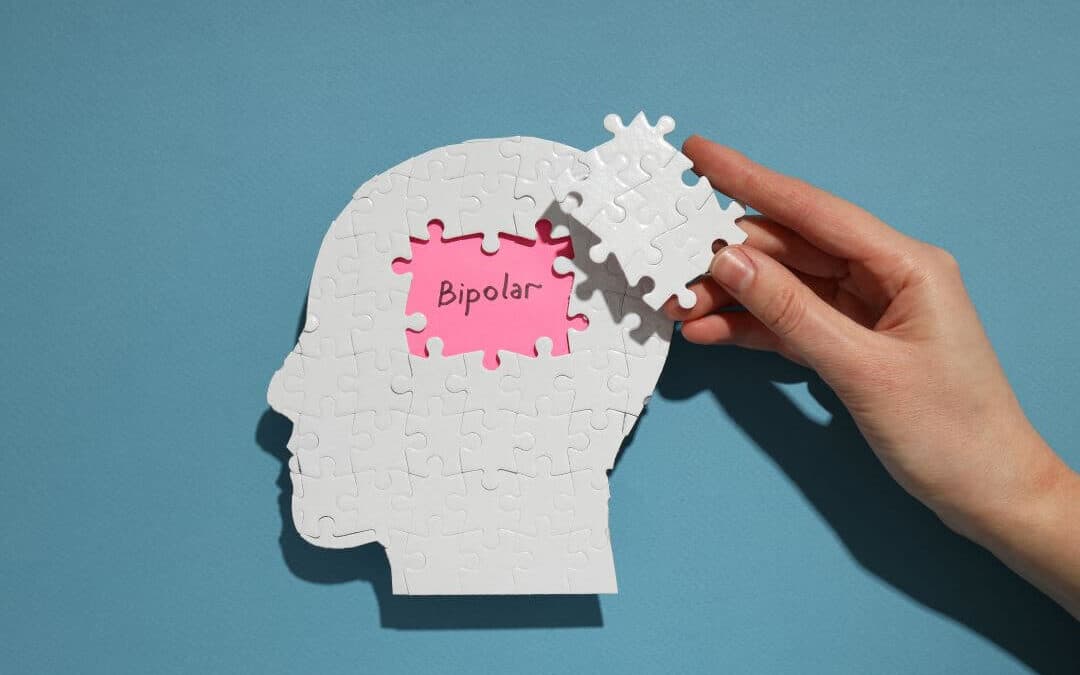Living with bipolar disorder poses emotional, psychological, and financial challenges.Because of the severity of their symptoms, individuals with this condition often find it challenging to hold down a job.
If bipolar disorder affects your work capacity, you may be eligible for Social Security Disability Insurance (SSDI) or Supplemental Security Income (SSI). This article provides information on how to get disability benefits for your condition.
Understanding Bipolar Disorder
Bipolar disorder is a mental illness marked by intense mood fluctuations, including manic or hypomanic highs and depressive lows. These mood episodes can have a significant impact on a person’s energy, activity levels, and daily functioning.
There are several types of bipolar disorder, including:
- Bipolar I Disorder
- Bipolar II Disorder
- Cyclothymic Disorder
- Other Specified and Unspecified Bipolar and Related Disorders
Bipolar disorder can affect people in different ways. The severity of the symptoms depends on the type of bipolar disorder a person has and how well they manage it. Some common symptoms include:
- Manic episodes (elevated mood, increased energy, decreased need for sleep)
- Depressive episodes (persistent sadness, loss of interest, fatigue)
- Mixed episodes (symptoms of both mania and depression)
- Cognitive difficulties (problems with concentration, memory, and decision-making)
- Impaired social and occupational functioning
- Heightened propensity for risk-taking during manic episodes
- Suicidal thoughts or behaviors during depressive episodes
Although there is no cure for bipolar disorder, treatment options include medication, psychotherapy, and lifestyle changes. These treatments can help manage symptoms and improve quality of life. However, when the symptoms of bipolar disorder prevent individuals from maintaining employment, Social Security Disability benefits may provide much-needed financial help.
Social Security Disability and Bipolar Disorder
In order to qualify for SSDI or SSI based on bipolar disorder, you need to meet the SSA’s eligibility criteria through a five-step process.
- Provide proof that your current monthly income is at or below the Substantial Gainful Activity (SGA) level the year you apply.
- Show that your bipolar disorder severely affects your ability to work consistently and perform basic job-related tasks, such as:
- sitting
- standing
- reaching
- pulling or pushing
- lifting or carrying
- simple cognitive reasoning
- Provide documentation of diagnosis matching the SSA’s listings for bipolar disorder impairments (12.04). To qualify for the SSA’s bipolar disorder impairments listing, your medical records must show evidence of bipolar disorder with a history of episodic periods that exhibit the complete symptomatic picture of manic and depressive syndromes (currently characterized by one or both syndromes).
Meeting the required level of severity for these disorders involves satisfying either the requirements in A and B or the requirements in A and C.
- Medical records showing requirements of paragraph 1 or 2:
- Depression, with five or more of these:
- Low mood
- Loss of interest in most activities
- Changes in appetite and weight
- Sleep issues
- Visible slowing or agitation
- Fatigue
- Feeling worthless or very guilty
- Trouble focusing
- Thoughts about death or suicide
- Bipolar disorder, with three or more of these:
- Rapid speech
- Racing thoughts
- Overconfidence
- Needing less sleep
- Easy distraction
- Risky behaviors
- Increased activity or restlessness
AND
- Extreme limit in one, or marked limits in two, of these mental areas:
- Grasp, recall, or use information
- Deal with others
- Focus, keep going, or work at a steady pace
- Adjust or take care of oneself
OR
- Your mental issue in this category is has lasted for at least 2 years with evidence of both:
- Ongoing treatment, therapy, support, or structured settings that reduce symptoms of your mental disorder
- Limited ability to adapt to changes or new demands outside your daily routine
- Show that because of the symptoms and limitations of your bipolar disorder, you cannot perform any previous jobs or work again.
- Demonstrate the lack of alternative employment options based on your age, education, prior work experience, and mental and emotional capacities.
Getting Help with Filing a Disability Claim for Bipolar Disorder
The process of filing a disability claim for bipolar disorder can be complex and challenging. Without enough knowledge of the system, filing on your own can lead to delays or setbacks in your case.Having the guidance of an attorney specializing in Social Security disability can be helpful.Their legal expertise and support can help you navigate this complex process, so you can focus on managing your condition and improving your quality of life.
Brock and Stout’s disability attorneys are committed to aiding their clients in securing the necessary Social Security disability benefits. Contact us for a free evaluation to see if we can help you.

